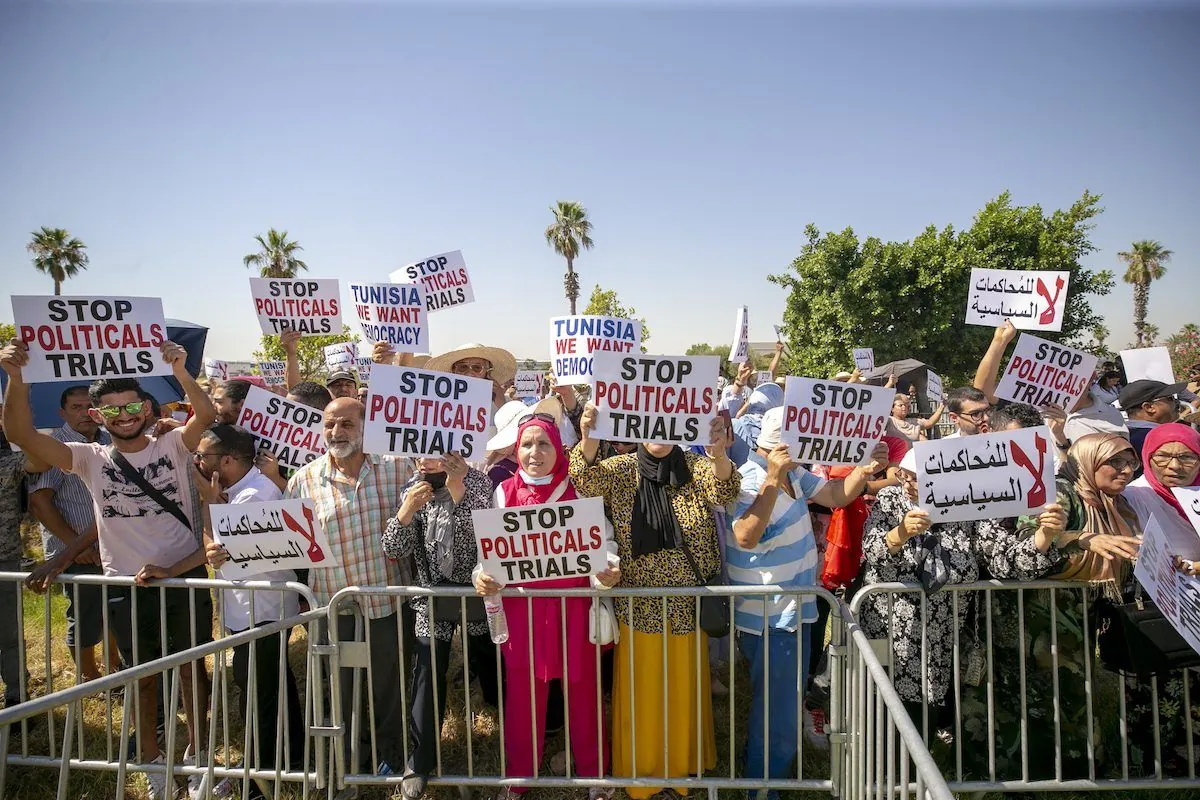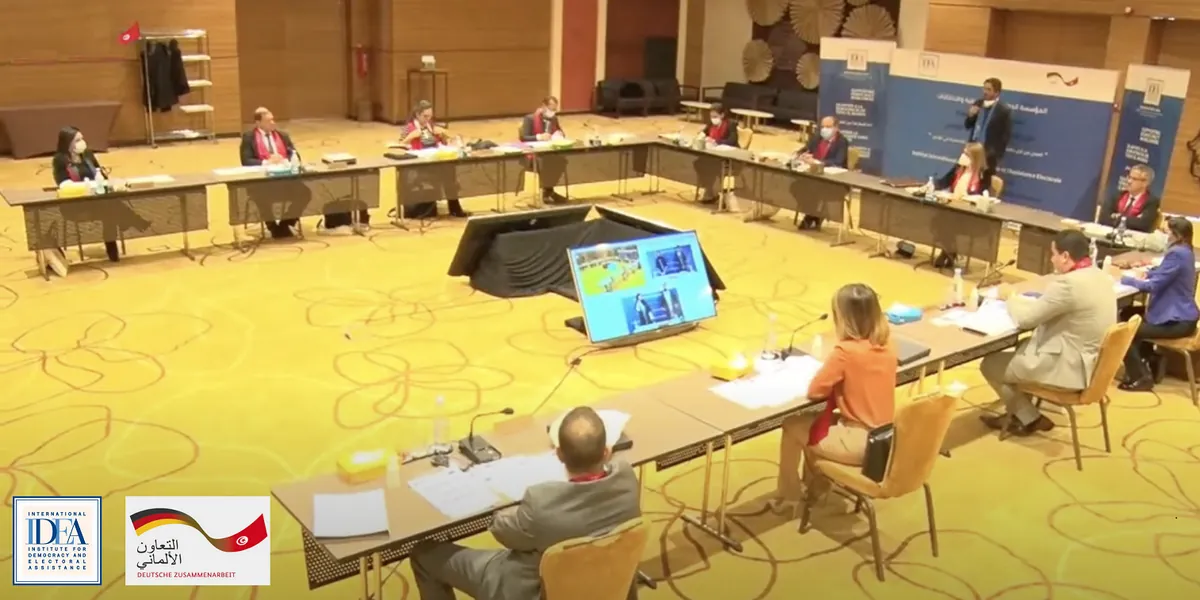Tunisian Presidential Candidate Jailed Amid Pre-Election Tensions
Ayachi Zammel, a challenger in Tunisia's upcoming presidential election, has been sentenced to prison on fraud charges. The case raises concerns about democratic backsliding in the North African nation.

In a development that has intensified concerns about Tunisia's democratic trajectory, presidential candidate Ayachi Zammel has been sentenced to 20 months in prison on fraud charges. The verdict, delivered on September 18, 2024, comes just weeks before the country's presidential election scheduled for October 6, 2024.
Zammel, a businessman and leader of the Azimoun party, was convicted of falsifying signatures required for his candidacy papers. His attorney, Abdessattar Messaoudi, has labeled the charges as politically motivated, stating that Zammel intends to continue his campaign from behind bars.
"This is no surprise. We expected such a ruling given the harassment he has been subjected to since announcing his candidacy."
The case against Zammel is not isolated. Several other candidates and opponents of incumbent President Kais Saied have faced legal challenges in recent months. In August 2024, candidates Nizar Chaari and Karim Gharbi were sentenced on similar signature fraud charges. Additionally, Abdellatif El Mekki, another presidential hopeful, was arrested in connection with a decade-old murder investigation, which critics argue is politically driven.

Tunisia's political landscape has undergone significant changes since gaining independence from France in 1956. The country's journey towards democracy gained momentum with the 2011 Tunisian Revolution, which sparked the wider Arab Spring movement. This led to the ousting of long-time President Zine El Abidine Ben Ali and paved the way for Tunisia's first democratic presidential election in 2014.
However, recent events have raised alarms about potential democratic backsliding. Abir Moussi of the right-wing Free Destourian Party and Rached Ghannouchi of the Islamist Ennahda party, two of President Saied's most prominent critics, have been imprisoned since 2023.
These developments have drawn criticism from civil liberty advocates and international organizations. Amnesty International has characterized the situation as "a clear pre-election assault on the pillars of human rights and the rule of law."
Tunisia, with a population of approximately 12 million, has faced numerous challenges in its democratic transition. The country adopted a new constitution in 2014, which was later replaced in 2022. Despite being recognized as a major non-NATO ally of the United States since 2015, concerns about the state of democracy in Tunisia persist.
As the October 6 election approaches, the international community watches closely. The outcome of this election could have significant implications for Tunisia's future and its role in the region, given its strategic position as the northernmost country in Africa and its rich historical legacy, including the ancient city of Carthage near modern-day Tunis.


































